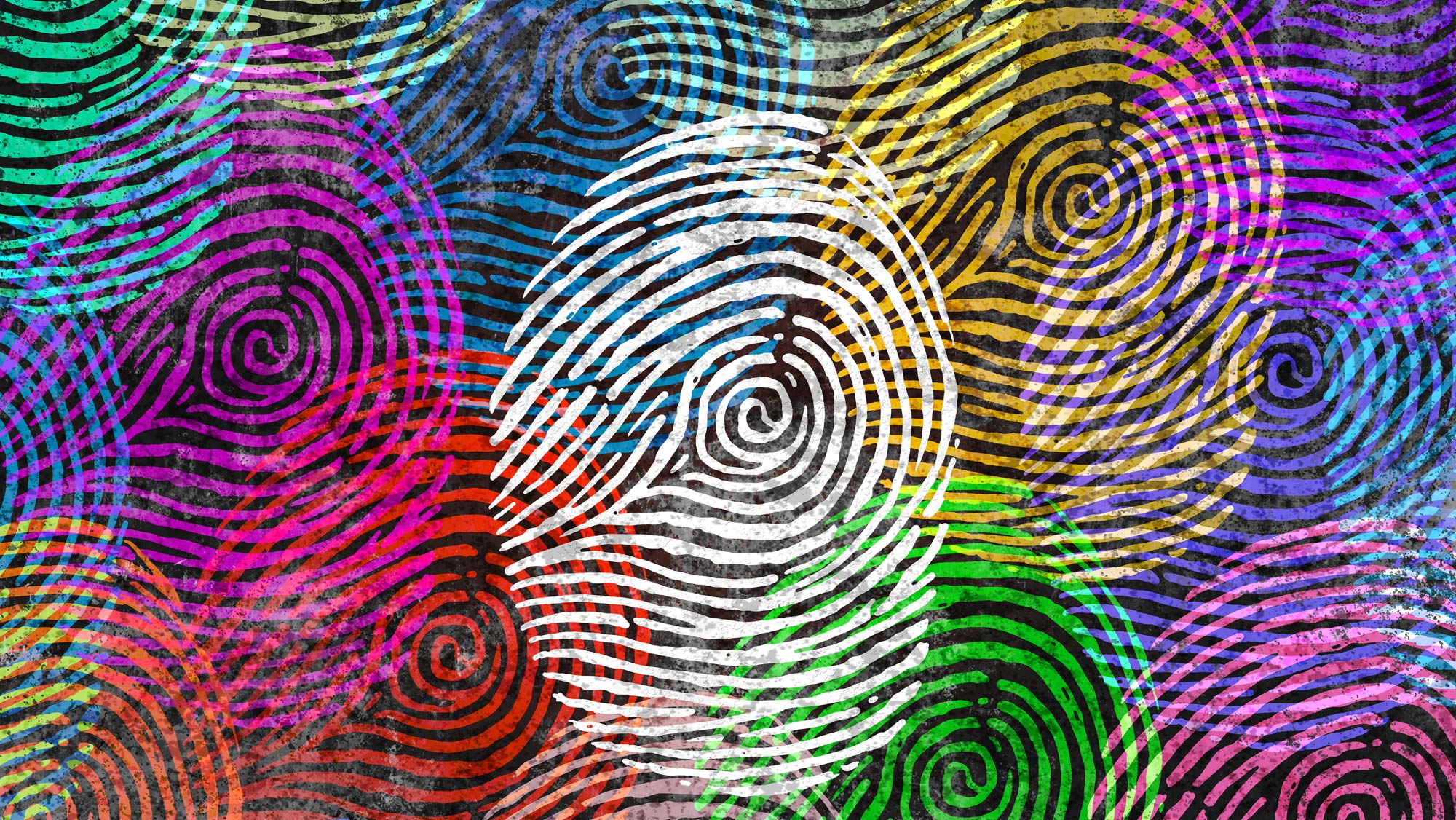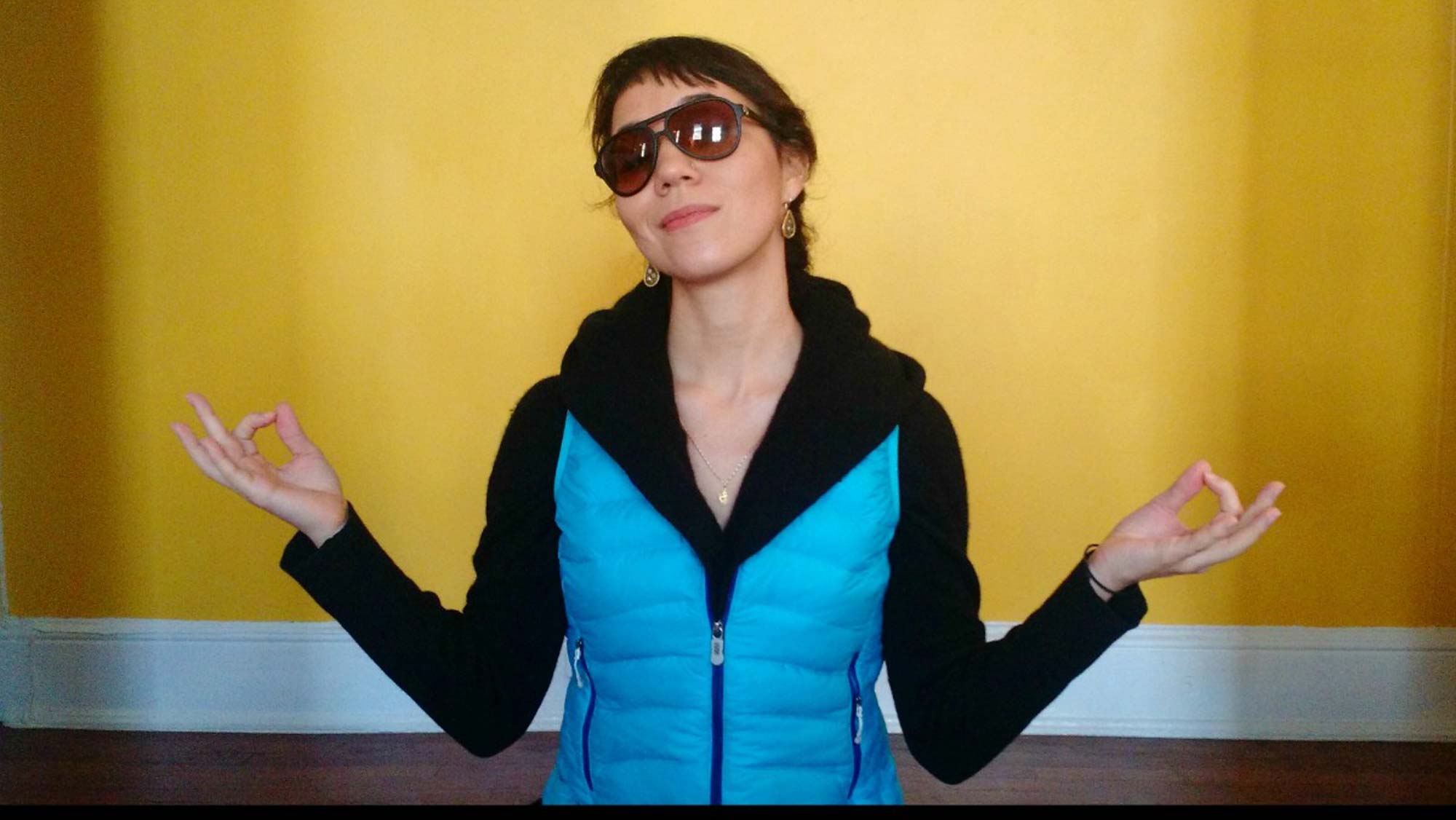Here’s another one for the “why-don’t-they-teach-this-in-grade-school” list—rock-solid organizational skills. Life as we now know it has so many of us feeling like we’re jugglers who never learned how to juggle. And while some of us have an innate (or even learned) ability to address, track and execute all aspects of work-home-family-friends-technology, I don’t know many that can do so without heaps of stress.
So Much to do, so little time…
The fear around having so many things to do and feeling out of control manifests in so many ways: stress, anxiety, depression, exhaustion, low energy and insomnia, to name a few. We see it at the clinic everyday. That’s why organizational skills have become such a key aspect of holistic health counseling here.
These skills are about so much more than becoming more productive or getting through the to-do list. They’re an extremely concrete way to live life more peacefully, with ease and (as you’ll soon see) more creatively.
A book to help guide you
There are a ton of books, systems and methods to help you get organized out there. But a couple of months ago I was browsing at Kramerbooks, and one title stood out—Getting Things Done: The Art of Stress-Free Productivity.
I’m sure that many of you have heard this title by now, since Jeremy brings it up a lot during his sessions.
I liked the emphasis on “stress-free” and use of the word “art” piqued my interest. I had also heard good things about the author, David Allen. I flipped through the first few pages and appreciated one of his premises, “your mind is for having ideas, not for holding them.” He discusses that in this inspirational video below.
David Allen | The Mind Is For Having Ideas, Not Holding Them
I was resolved to master the art of stress-free productivity
After some skimming, I promptly resolved to change my life by mastering the art of stress-free productivity, and marched back to the clinic, book in hand.
Bibliophile that he is, Jeremy was immediately drawn to my new purchase. Then, predictably, he appropriated the book for himself, so I had to go back and get a second copy. We read it together and began to implement the system.
Getting Things Done (GTD)
To sum it up, Getting Things Done (GTD) is a system to keep track of what you need to do or consider to do. It offers a way of collecting all of those little loose ends or new ideas that pop up into your head. Then you go through these collected items on a regular basis.
You create clarity on what actually needs to be done for each item, and then apply the “do it, delegate it, defer it, drop it” rule. Once you trust the system, you can rest easy knowing that you’re on top of things, that they won’t fall through the cracks, and that you have a safe place to store all of that mental stuff that pops up throughout the day. A place where you know it’ll be addressed at the most appropriate time.
GTD effectively deals with things that are “tugging at your psyche” to free up space for creativity and the capacity to be present.
It’s all in how you frame it
Framing it that way is very helpful to me, because it it aggrandizes the whole “getting organized” endeavor. To my own detriment, I’ve imagined up a hierarchy of activities in my mind, and it always feels more compelling to do what I have considered “higher order” or more “enriching” things when I have free time: reading a spiritual book, for example. But I find that I have trouble fully engaging in these “higher order” activities when a sizable chunk of my brain is spinning its wheels, trying to track open loops.
For a while I thought that mindfulness or spirituality was the answer to dealing with that anxiety, but I’ve come around to the idea that I might as well also get skilled at handling the stuff of life.
As David Allen so eloquently puts it, dealing with the “small” stuff clears the way to places and perspectives where you can play a bigger and bigger game (freeing Tibet, achieving enlightenment, riding a unicycle).
Incorporating GTD in everyday life
At this point I have not yet mastered the art of stress-free productivity. There are parts of it that I’m finding it easy to integrate into my day-to-day (like creating and using an “inbox” as a safe container for ideas, reminders and other mental stuff that pops up throughout the day). And other parts that are a lot harder. But one big step is that I’m fully recognizing the importance (and worthwhile-ness) of mastering such a system. So I’m committed to getting it down, which is half the battle.
If you’re interested in mastering the art of Getting Things Done (alongside me!), here are some resources to start you off:
- The 43 Folders blog post on getting started with the GTD system
- The Art of Stress-Free Productivity: David Allen at TEDxClaremontColleges on YouTube
- Getting Things Done: The Art of Stress-Free Productivity by David Allen (links to book on Amazon).
If you do get into it, please let me know how it goes at the clinic!







